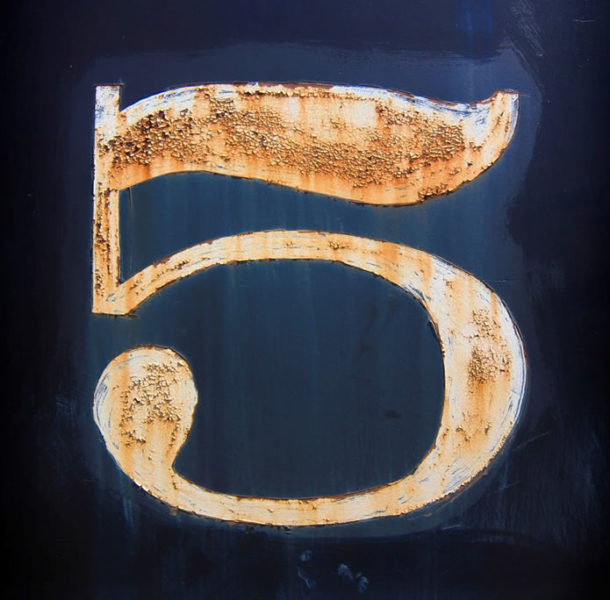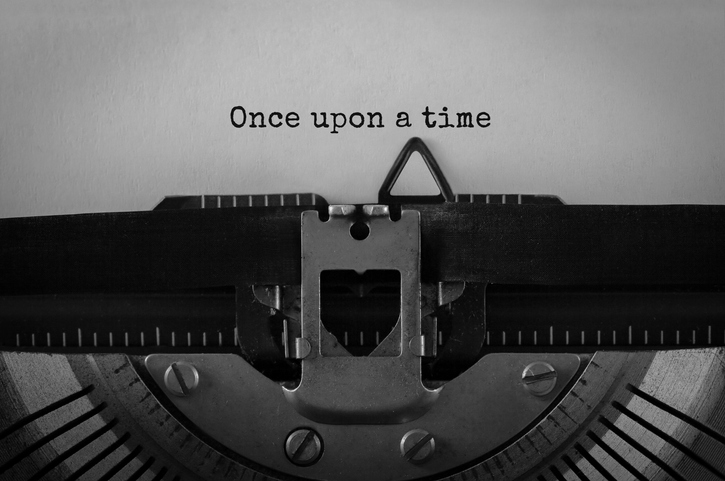
Uncommon Wisdom from a Forgotten Genius: Olga Jacoby’s Extraordinary Letters on Love, Life, Death, Moral Courage, and Spiritual Purpose Without Religion
“Love, like strength and courage, is a strange thing; the more we give the more we find we have to give.”
BY MARIA POPOVA
Half a century before Frida Kahlo made her impassioned case for atheism as a supreme form of freedom and moral courage, before Robinson Jeffers insisted that the greatest spiritual calling lies in contributing to the world’s store of moral beauty, before Simone de Beauvoir looked back on her life to observe that “faith allows an evasion of those difficulties which the atheist confronts honestly (…) a German-Jewish Englishwoman by the name of Olga Jacoby (August 15, 1874–May 5, 1913) — the young mother of four adopted children — took up the subject of living and dying without religion, with moral courage, with kindness, with radiant receptivity to beauty, in stunning letters to her pious physician, who had just given her a terminal diagnosis. (…)



